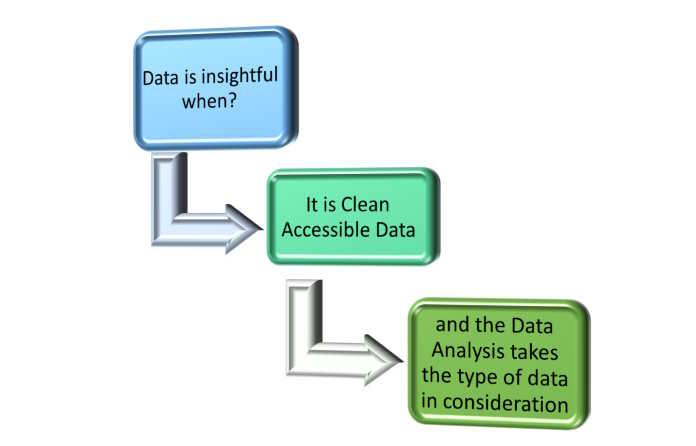Business data can be insightful, But first!
Tebogo Sethabela shares his insights.
“African Bank does it again! They have been named Top Employer in the country by the Top Employers Institute for the second year in a row (News 24, Feb 2023). The survey looks at a number of HR domains ranging from people strategy, workplace environment, talent management and workplace equity, diversity and inclusion. What motivates this type of achievement within an organisation is the question that most organisations need to ask considering this. I propose the answer to this question is, business data, most importantly the insight that data provides.
Business Data
“Let’s begin by exploring the concept of business data. What is business data? Business data is all the information pertaining to a business and its activities. This data could come from varied sources, for example, the source of data could be informed by human resources, marketing, operations, or sales. The next question is where the data is housed and in what format. You cannot use your data efficiently if you cannot access it. This brings us to the first objective that every organisation should have if they want to use data to drive business decisions. The goal should be clean and accessible data, to enable analysis. Data cleaning is the process by which erroneous data is removed; and during the process of data cleaning a key result to keep in mind is cleaning the data should facilitate data analysis. One other benefit of data cleaning is that during the process all unnecessary data can be set aside but not discarded. Part of the reason why data should not be discarded is if there is anything in life that is constant, is unplanned change. This is so true when it comes to the use of data that is it continuously changing, therefore data utilisation will fluctuate depending on the insight an organisation wants to get from the data, thus data must be put aside for future use.
Now that business data is clean data, it must now become accessible data. Data accessibility is the extent to which individuals within an organisation can make use of the data that it is available but also that it is useable. Organisations can measure the level of their data accessibility by answering this question: can people with little to no experience use the business data within the organisation? If the answer to the above is yes, then an organisation can move on to data analysis. Data analysis is the process of finding meaningful information for business decision-making, using clean, easily accessible data through a variety of modelling tools. The key to understanding data analysis is the story the data tells, for example, to perform statistical or predictive analysis on data this would mostly be dependent on the data being presented in numerical nature, that is your quantitative type data. The other type of data an organisation could have is qualitative type data, this is data that is non-numerical in nature, typically diagnostic analysis can be done on this type of data.
“It is clear that data analysis power is to provide meaningful insight, it is also greatly dependent on the quality of clean business data that is readily available that an organisation has on hand.
“In the end “Data can be insightful, But first”, it is targeted to highlight the road the organisation should consider traveling when the strategy is to drive business decisions using data.
“A quick recap of this road can be summarised in the chart below.”

Written by: Tebogo Sethabela, Data Manager












